 Electronic music pioneer Don Buchla, has died at his home in Berkeley, Calif. He was 79.
Electronic music pioneer Don Buchla, has died at his home in Berkeley, Calif. He was 79.
Buchla was an instrument builder, musician and composer. He conceived his instruments, including a voltage-controlled modular synthesizer, as tools for creating previously unheard sounds and gave them names like the Music Easel, Thunder or simply the Buchla Box.
His inventions were prized for the flexibility and richness of the sounds they produced and the possibilities they suggested. Buchla disliked the term “synthesizer,” which suggested to him a synthetic imitation of existing sounds. He was best known for the many devices he designed for his own company, Buchla & Associates.
At least one sound from a Buchla instrument has been heard worldwide: the “pop and pour” sound created by the composer Suzanne Ciani and used in countless Coca-Cola advertisements.
In the 1960s, Buchla’s instruments represented what became known as the West Coast philosophy of electronic music: more experimental and less commercial, breaking away from tradition and virtuosity.
“I always figured that if I made something that was too popular, that I was doing something wrong and had best move on,” Buchla once said.
In the early 1960s, the better-known Robert Moog, who died in 2005, and Buchla arrived independently at the idea of a voltage-controlled modular synthesizer: an instrument assembled from various modules that controlled one another’s voltages to generate and shape sounds. Voltages could control pitch, volume, attack, timbre, speed and other parameters, interacting in complex ways.








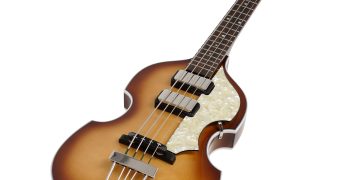
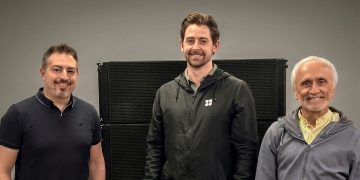
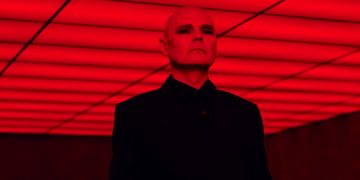
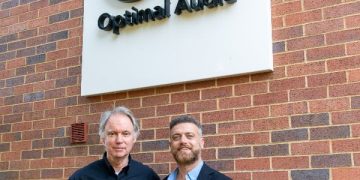







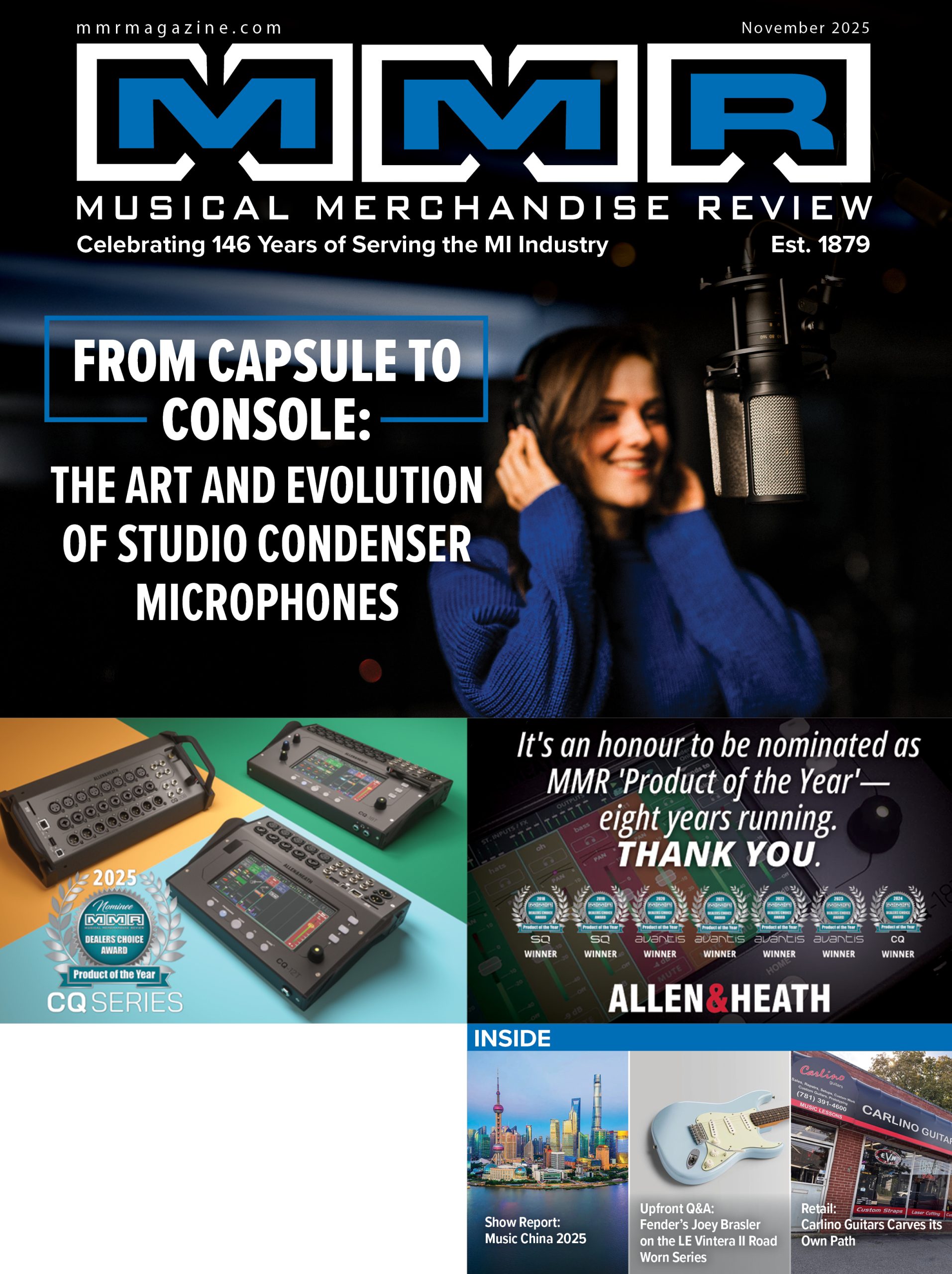
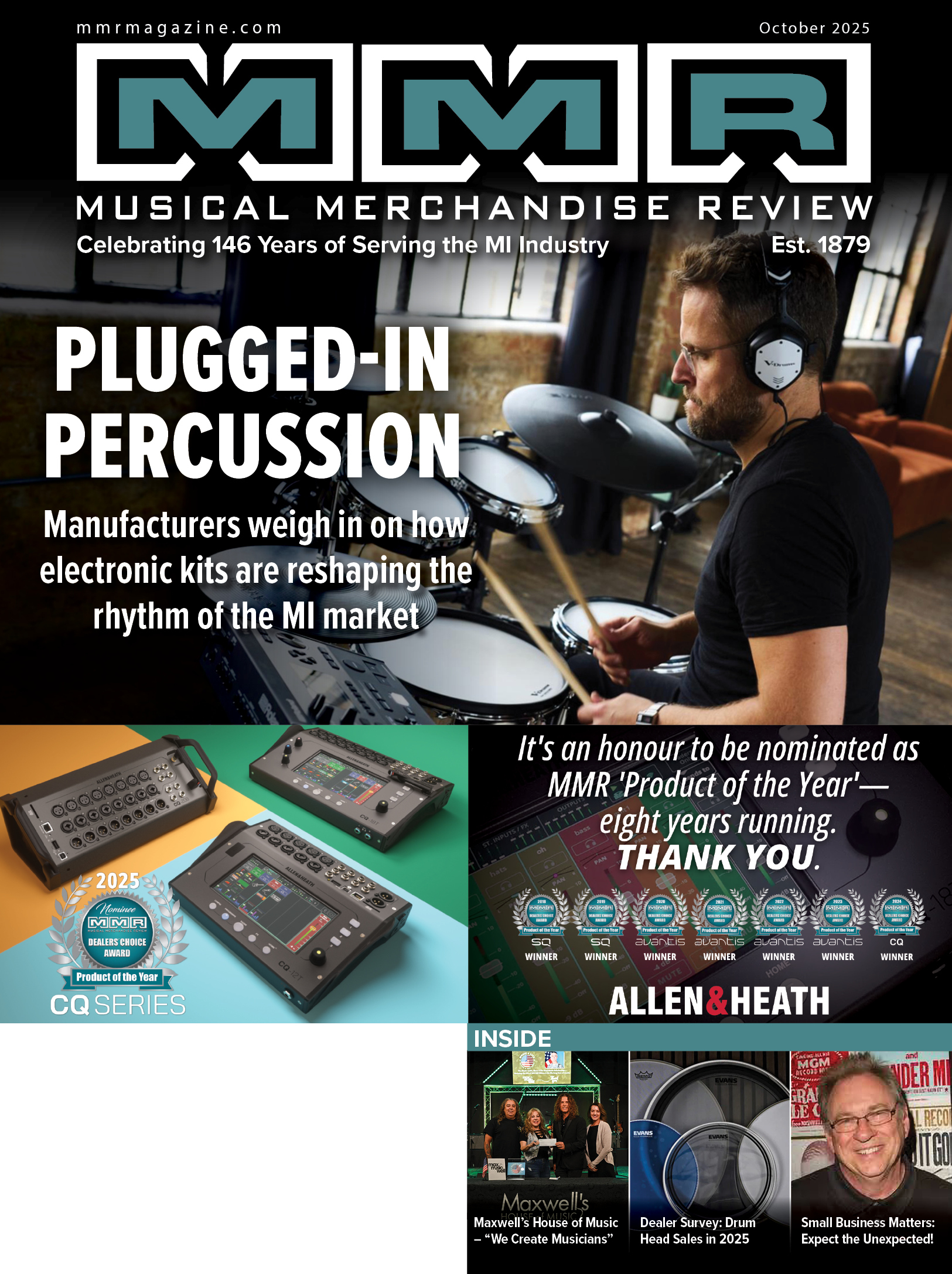
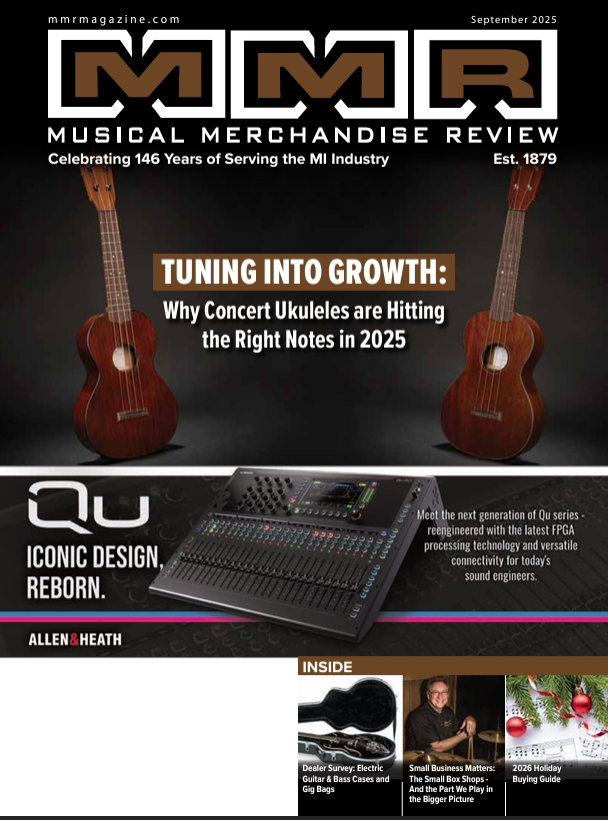
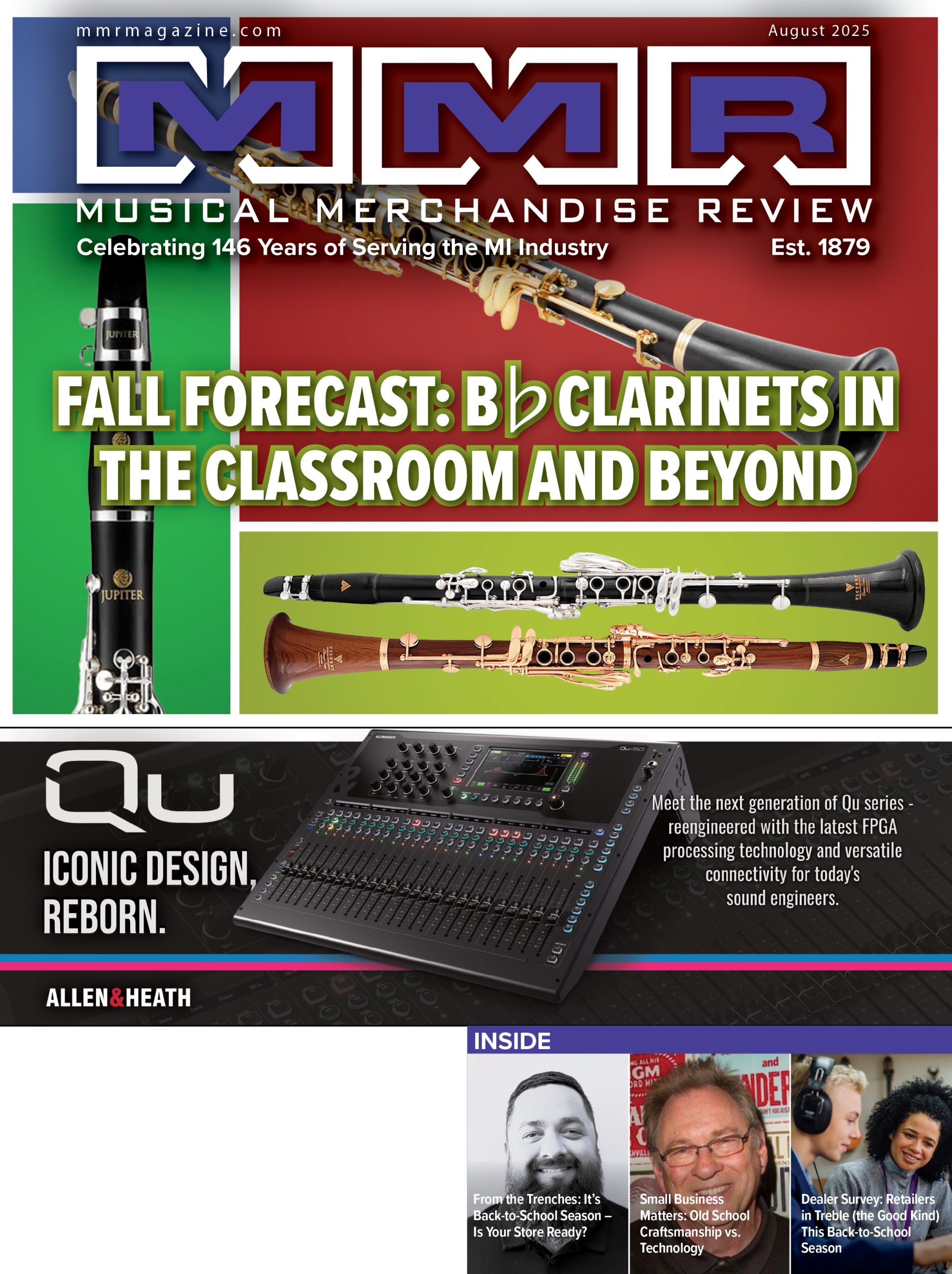


Looking Back on 2025: A Year of Controlled Chaos (Emphasis on “Controlled”)